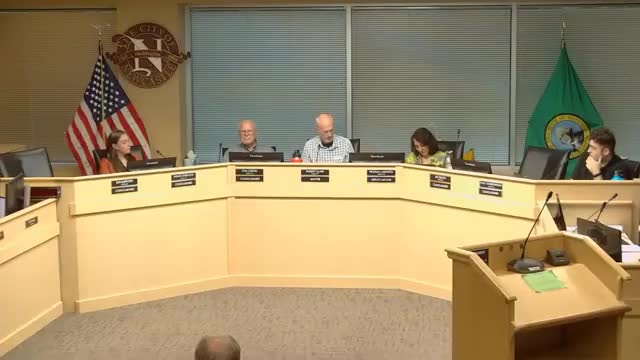Article not found
This article is no longer available. But don't worry—we've gathered other articles that discuss the same topic.
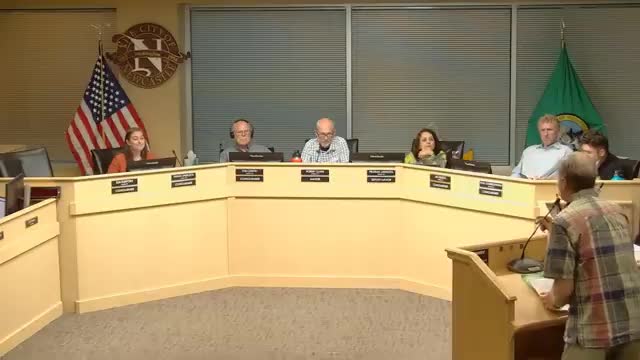
Planning commission warns state critical-area buffer changes could limit some homeowner projects
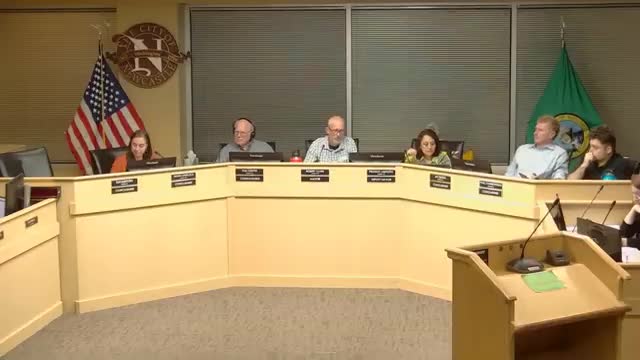
Council amends rules to create youth council liaison, not a city-run youth commission
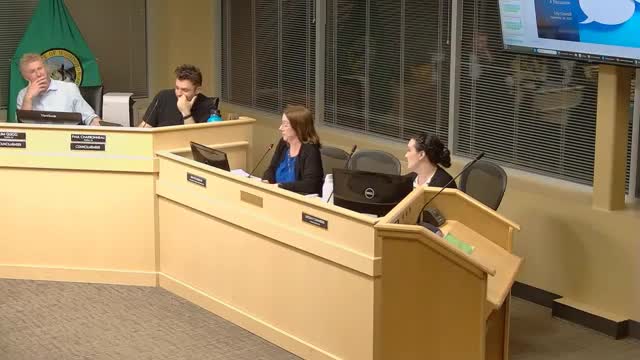
Staff recommends OpenGov permitting software; council asks for more data before a decision
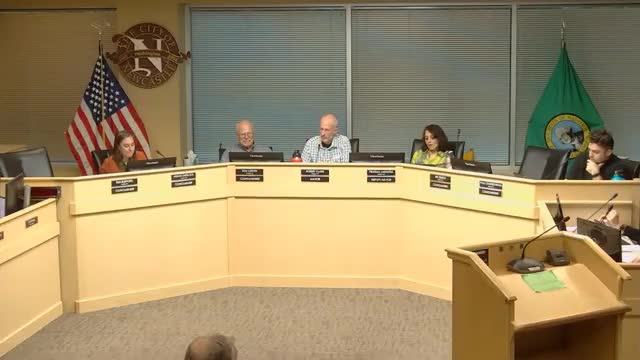
Resident asks city to improve safety at SE 66 Court crosswalk and help attract internet providers
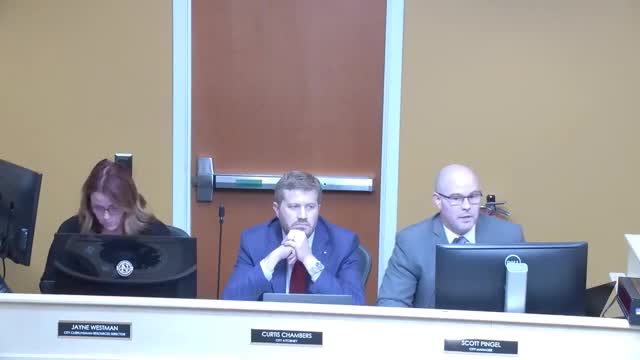
King County approaches Newcastle about purchasing Dow Pay properties for preservation; council supportive
